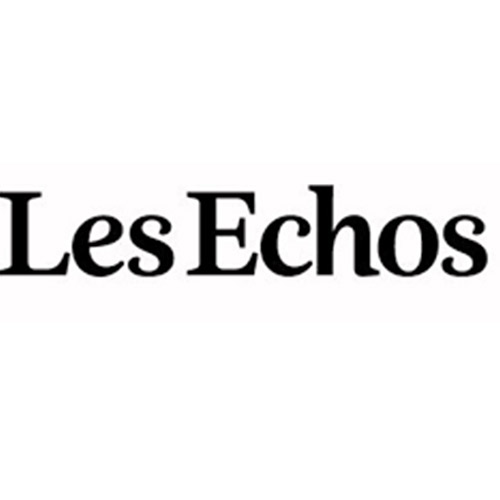
Despite calls to repeal this or that measure and reduce the deficit, the future government must maintain a degree of tax stability, according to several tax lawyers. They are calling for the preservation of tax arrangements that they have identified as virtuous for the French economic fabric.
We, the tax lawyers, call on members of parliament and the future government to exercise moderation and discernment in the forthcoming tax reforms.
Taxation is central to the economic programmes of the various political parties. In the current political climate, calls for far-reaching changes to tax legislation are multiplying.
Quite apart from any partisan considerations about the level of compulsory deductions or the efficiency of public finances, we believe it is imperative to preserve the tax arrangements that we have seen make a real contribution to France’s attractiveness.
Preserving current tax arrangements
The rate of corporation tax is a predominant criterion in a company’s choice of location and expansion. The reduction in this rate (which has enabled France to return to the European average) has sent out a strong signal to French and foreign entrepreneurs and investors.
The introduction of a flat tax on capital income (30%, rising to 34% for high earners) has simplified the tax landscape and encouraged private individuals to invest in businesses, thereby strengthening the French economic fabric.
The research tax credit (crédit d’impôt recherche), which provides a tax reduction on research expenditure, enables French companies to remain at the cutting edge of technology and encourages foreign companies to open research centres in France.
The Dutreil Pact, which encourages business transfers, helps to preserve France’s entrepreneurial heritage. This scheme enables SMEs and ETIs – the heart of our economy – to remain within the family rather than being sold to foreign funds or groups.
Adjustments and improvements
Naturally, we are not advocating the immutability of tax rules. The aforementioned systems certainly deserve adjustments and improvements and, above all, they must be able to evolve to adapt to constantly changing economic or societal circumstances.
On the other hand, we would remind those who call for outright repeal – on the pretext that these measures could be misused or abused – that the administration firmly defends their proper application and that judges are the guarantors of their integrity.
Finally, we can testify that fiscal stability is a lever for growth. When the norm is predictable, businesses and investors can plan for the long term, invest and hire. The relative fiscal stability of recent years has certainly helped to attract capital, both French and foreign, and has fuelled job creation.
We are aware that the current context will necessarily have an impact on the content of future tax measures: reducing the budget deficit, financing the energy transition, maintaining purchasing power, reducing inequalities, and so on. The exercise will be made all the more difficult by the fact that the Finance Bill for 2025 will have to be tabled on the second Tuesday in October at the latest.
It is in this context that we are calling for moderation and reflection before any tax reform. It’s not a question of putting the brakes on change, but of conducting it with discernment, taking into account past successes and current imperatives. In short, we are calling for reform without reversal.
The signatories of the tribune:
Pierre Bonamy is a member of Reinhart Marville Torre.
Romain Daguzan is a member of the Arsene firm.
Rachel Dress is a member of Act Legal.
Benoit Galichon is a member of the law firm Fidal Avocats.
Laure-Lise Giner is a member of the firm Farewell Tax.
Steven Guthknecht is a member of the firm Qualiens.
Cyrille Kurzaj is a member of the firm Kurzaj Modicom.
Bertrand Lacombe is a member of the firm Lacombe Avocats.
Brian Martin is a member of the law firm Sekri Valentin Zerrouk.
Stéphanie Nègre is a member of the Lerins firm.
Gregory Prouin is a member of the firm Mermillon-Rault.
Michael Taieb is a member of IC Avocats.
Baptiste Vaslin is a member of Kleber Avocats.
Thomas Verdeil is a member of Gate Avocats.

Bertrand Lacombe
Lawyer, lecturer in tax law.

